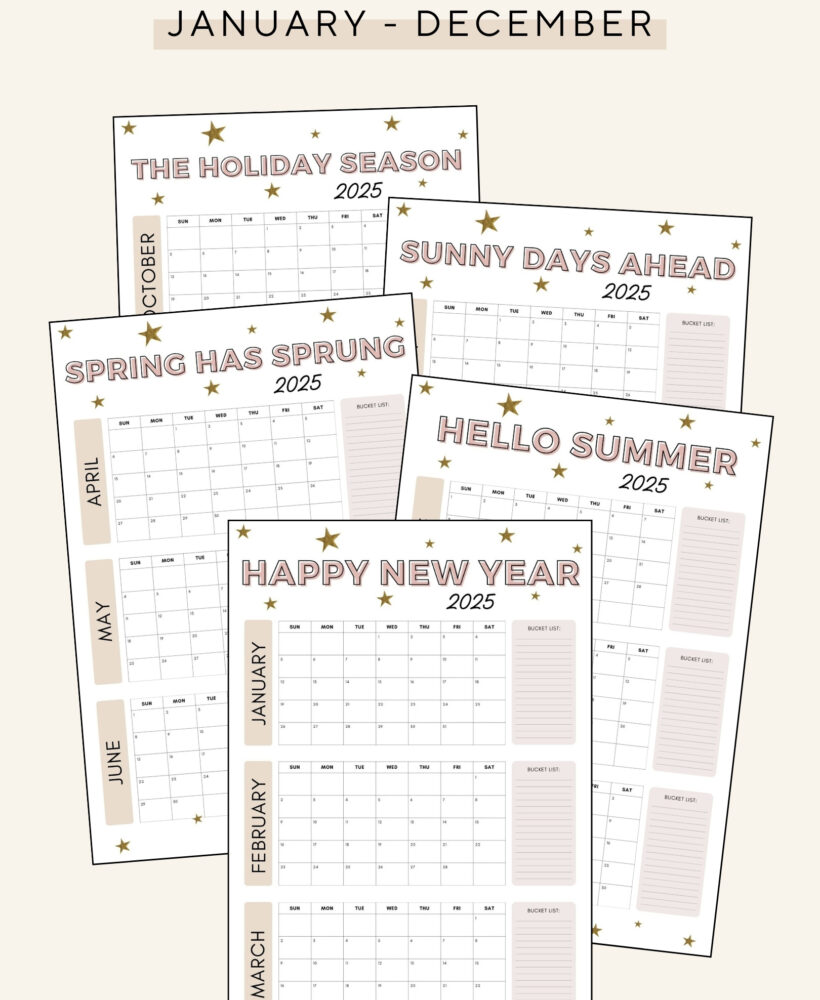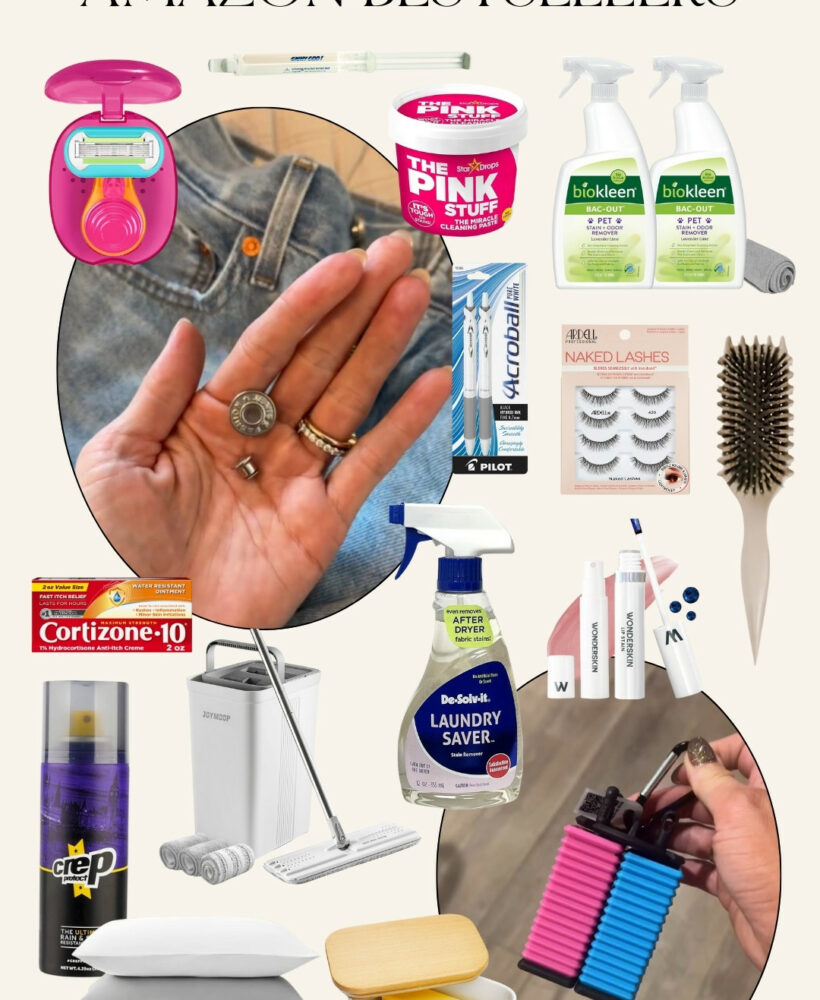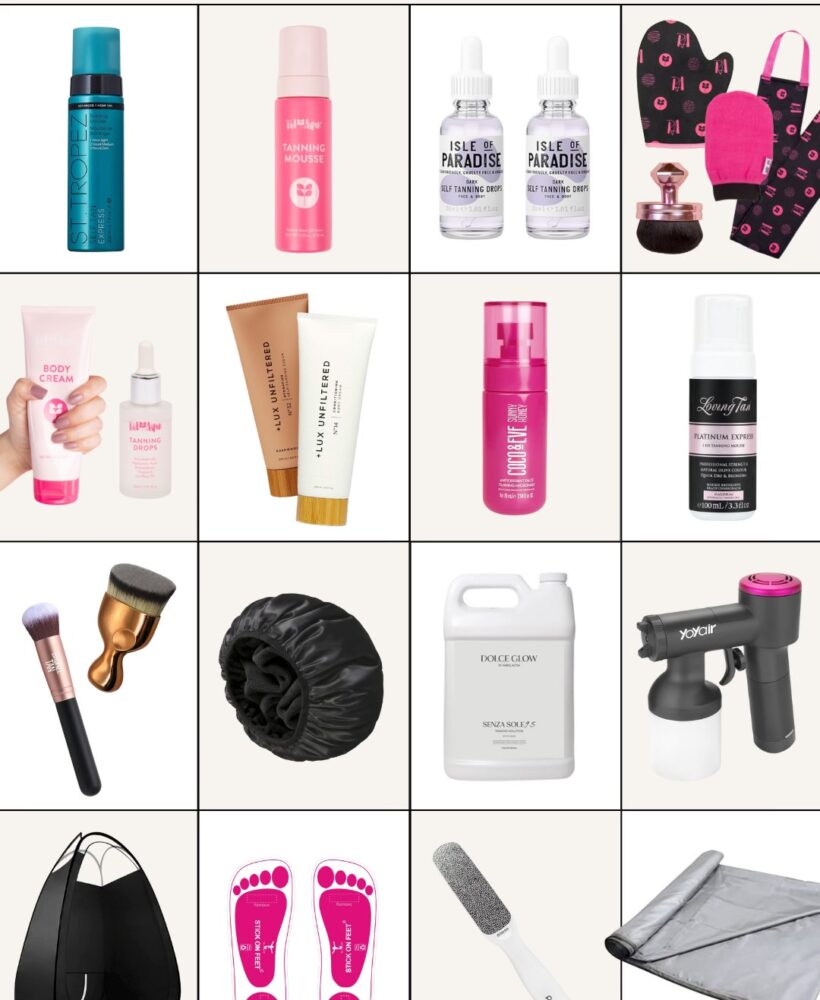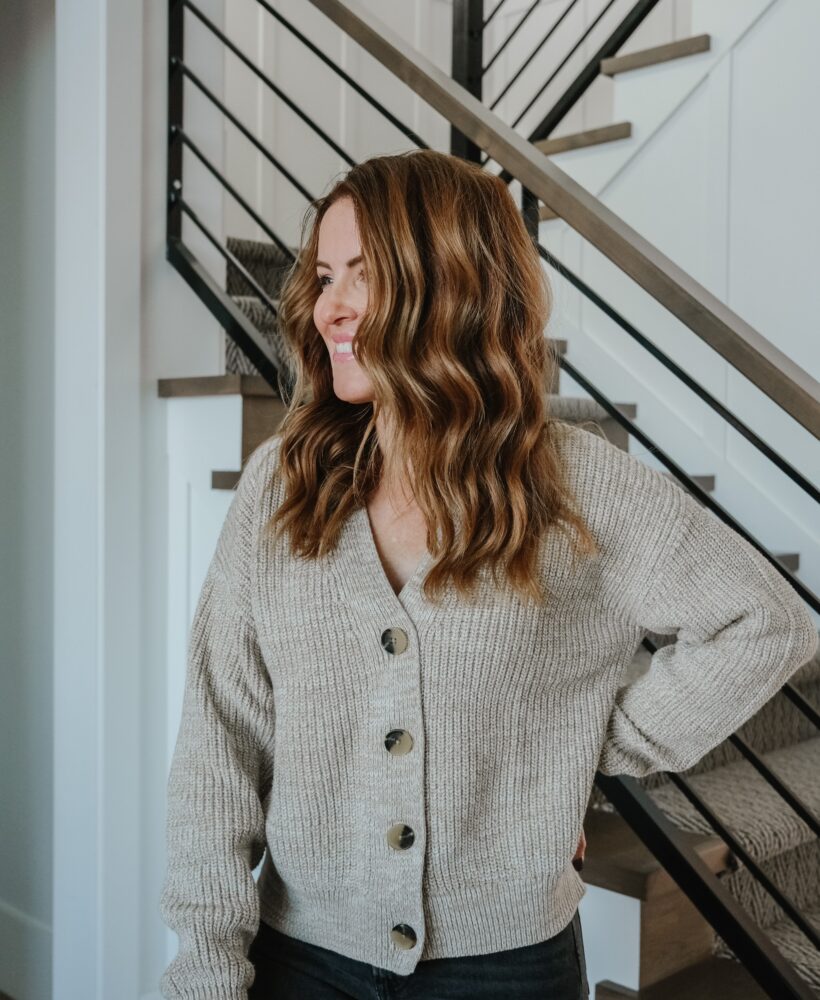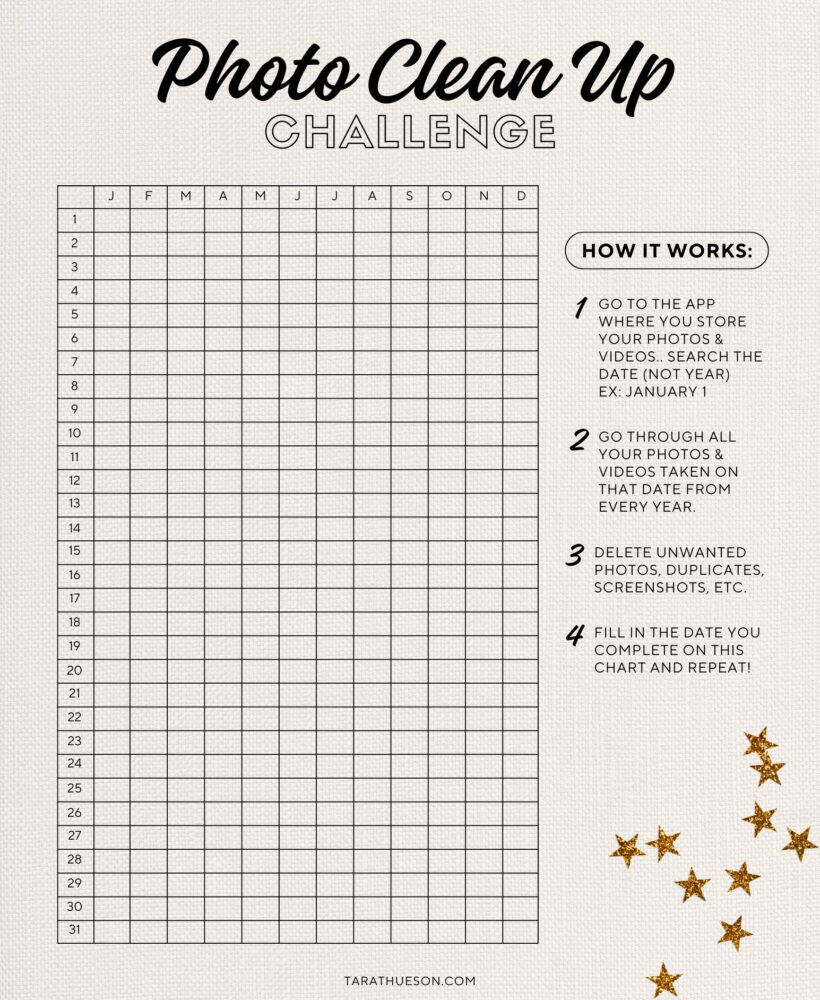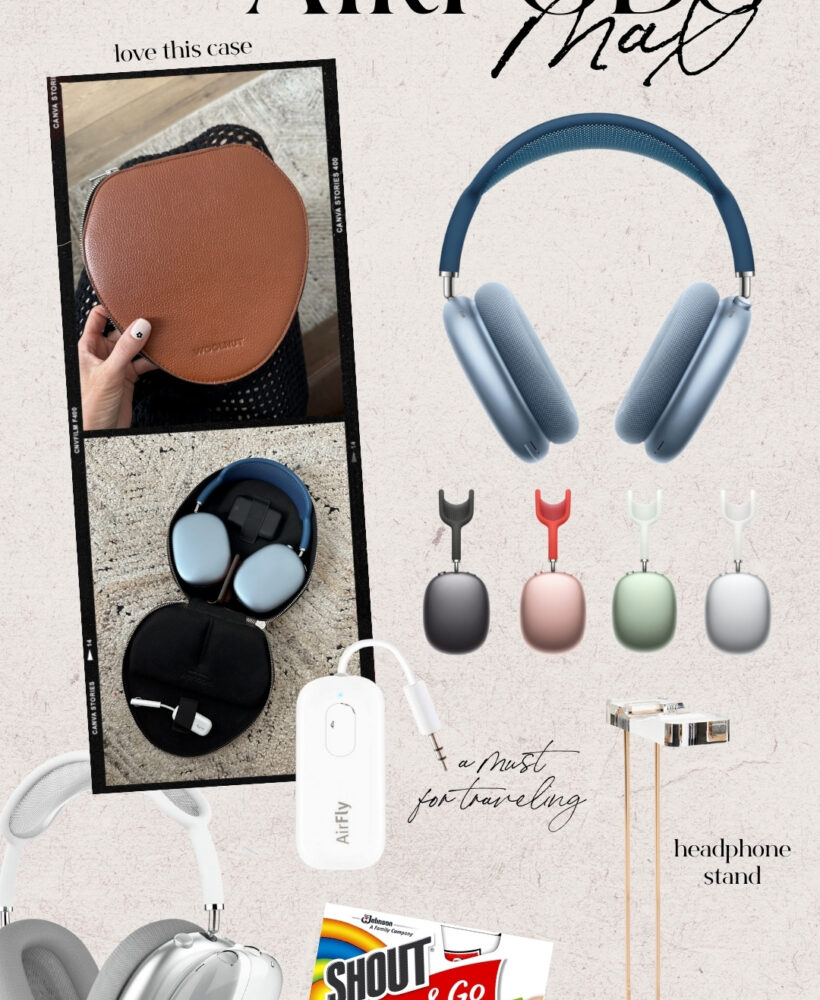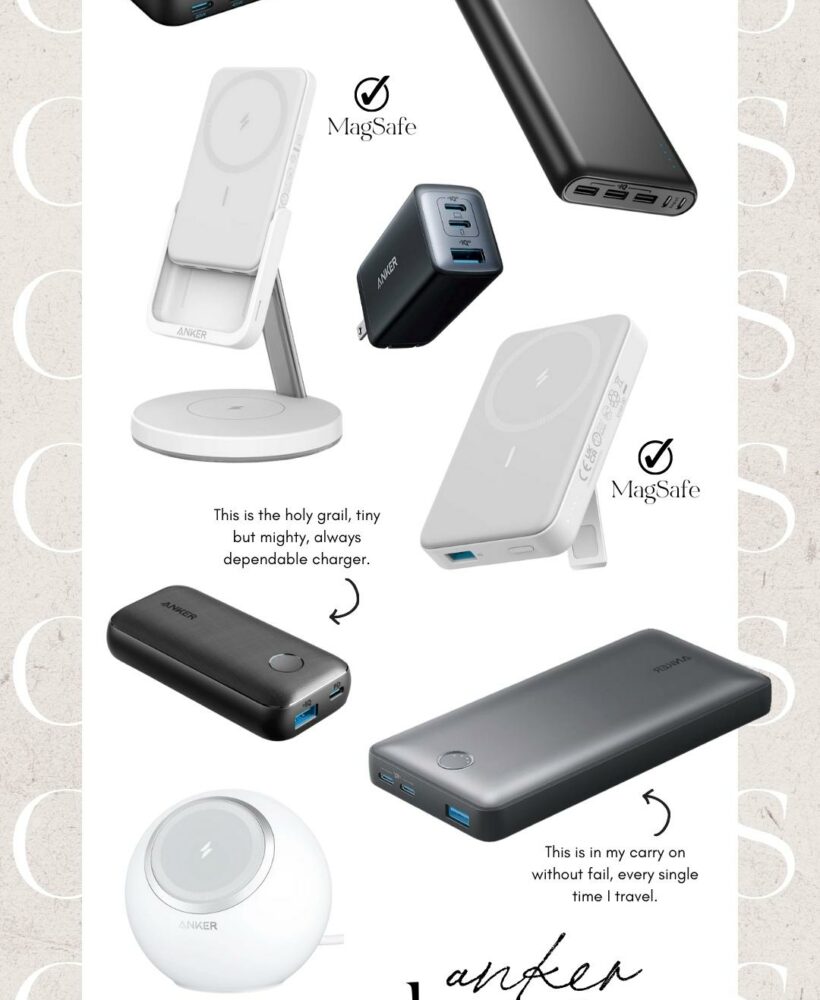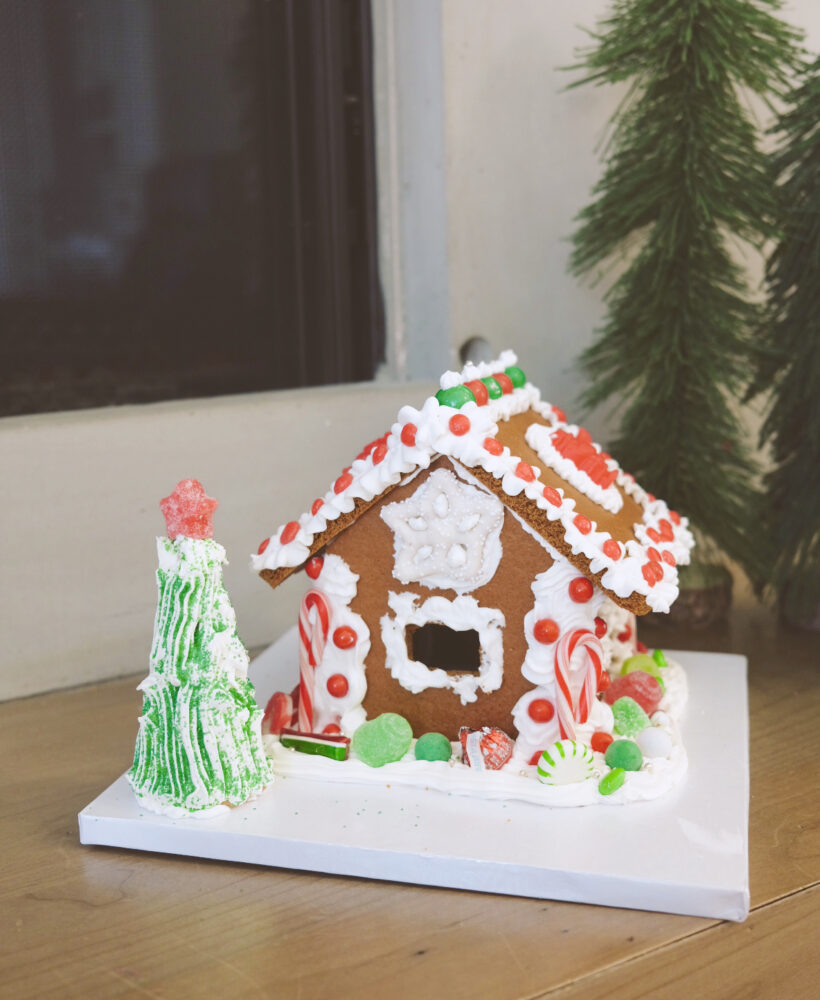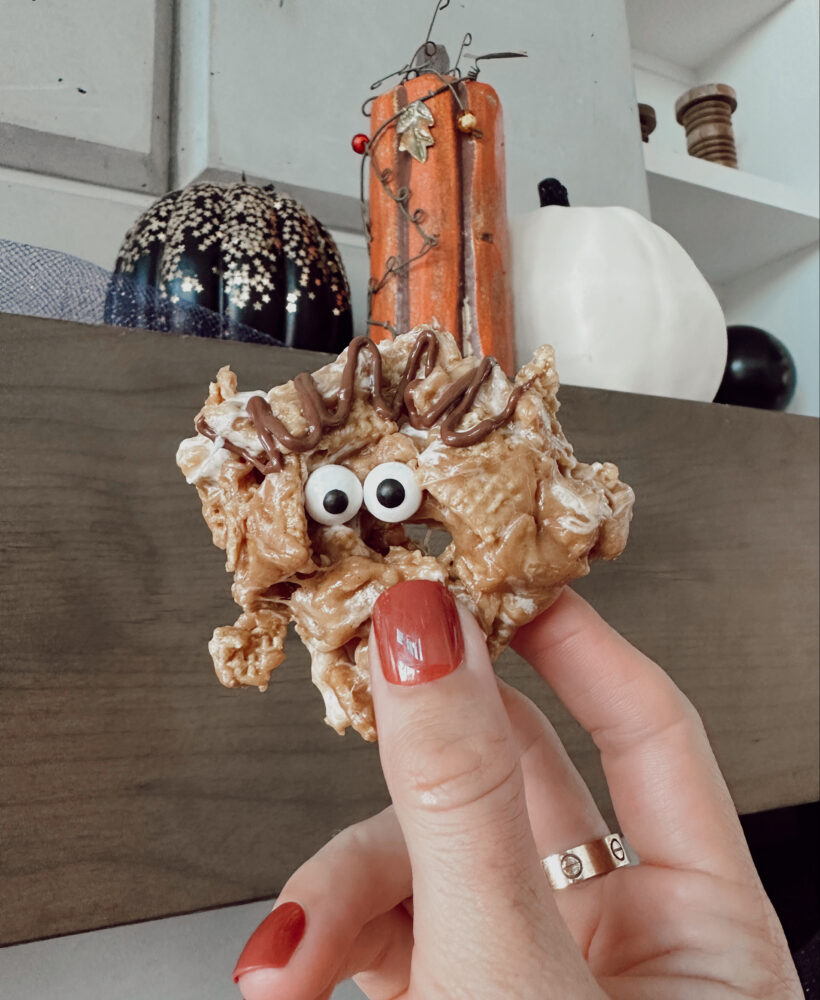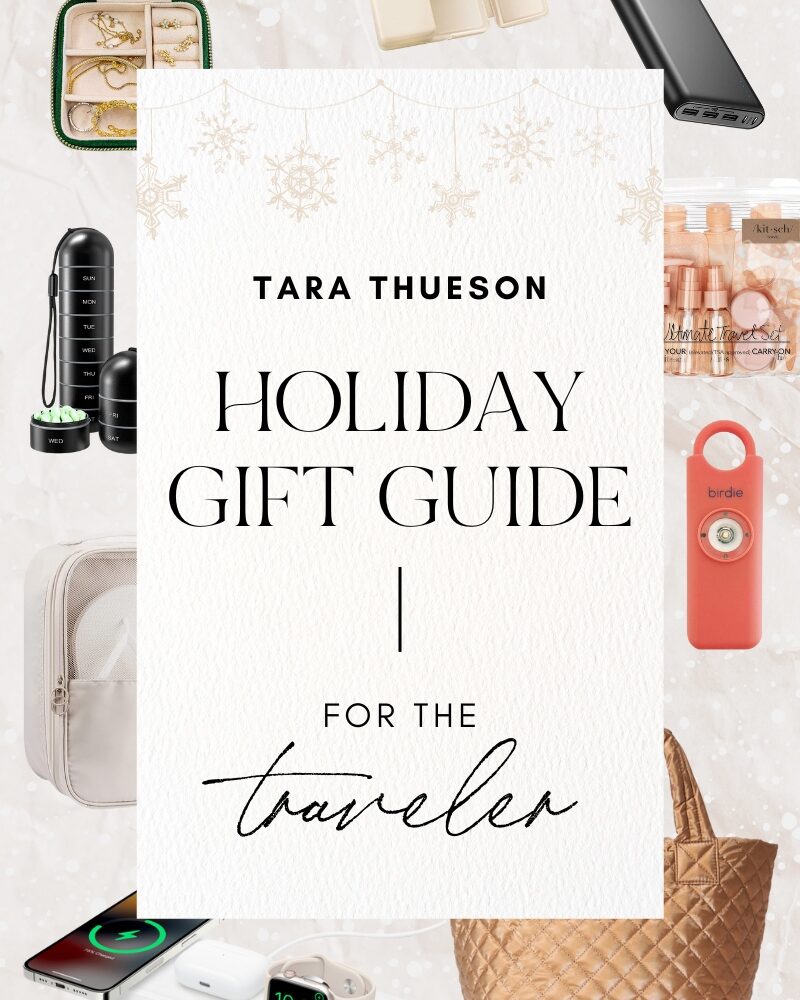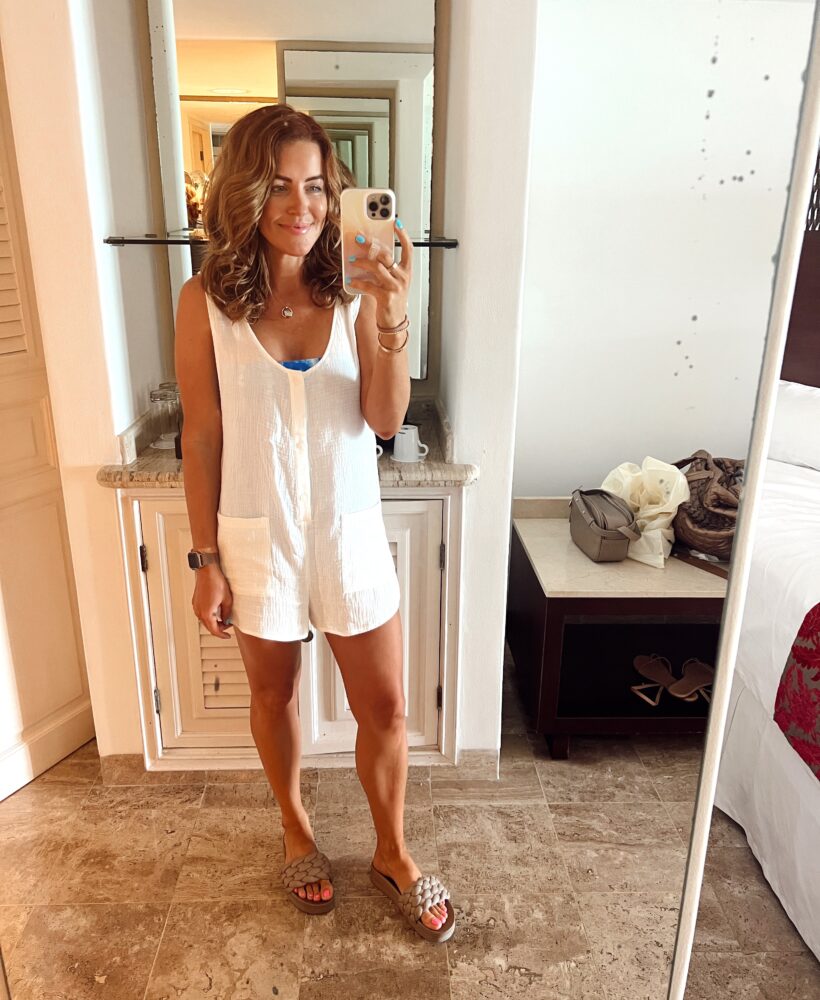Last year I decided to make a lot of changes. Braun and I had gone away at the first of the year to connect and set some family, couple, and personal goals. One of the things we walked away with was a resolve to be better about our health. Working out, eating better, and getting more sleep were goals we set for ourselves. I chronicled my workout journey HERE.
And while I’ve never been a big junky-food eater, candy and a stop at Sodalicious were staples in my diet that I cut way back on. I had left the hardest thing (at least the hardest for me) for last!
Getting more sleep, and more quality sleep, was a tough one. If Braun’s problem was sleeping all the time, mine was never sleeping! It wasn’t uncommon for me to stay up until 1-2 am, get up early with my kids, and go all day without stopping.
I know firsthand that life can be exhausting, but the side effects of too little sleep are really, really scary!
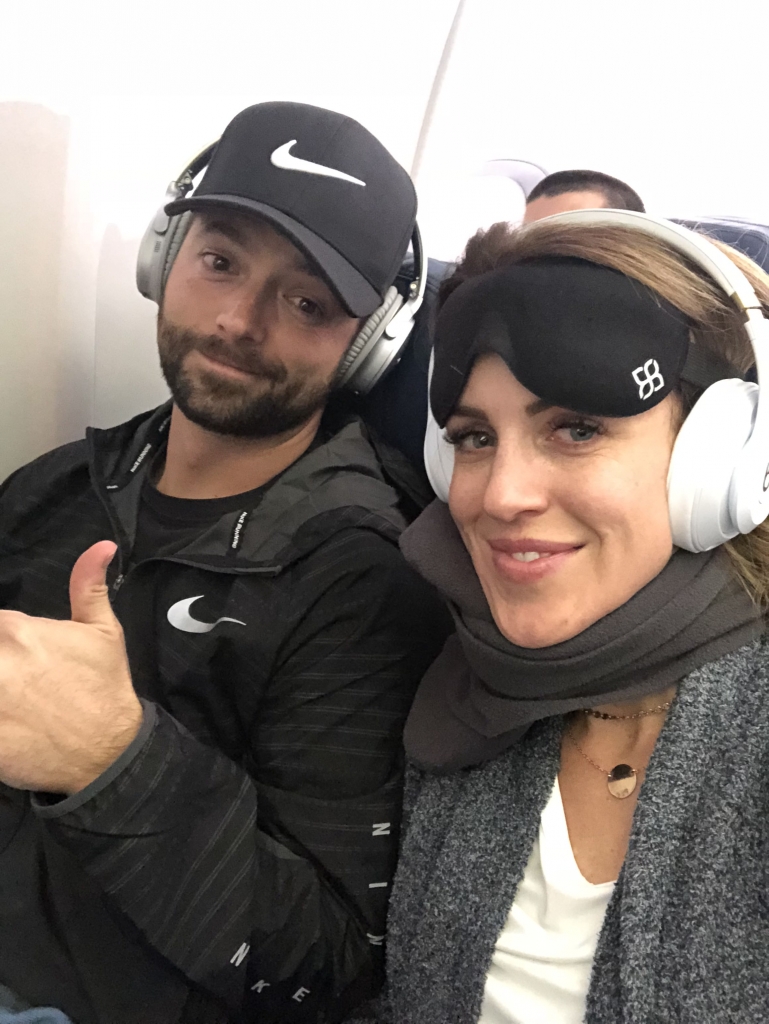
TRAVEL SLEEP ESSENTIALS: NECK PILLOW | HEADPHONES | SLEEP MASK
Wakefulness essentially is low-level brain damage
If you’re like me, you don’t realize just how much your lack of sleep is affecting you on every level! If you want a really good read on the science of sleep, check out Matthew Walker, PhD’s book Why We Sleep.
Did you know that sleep actually prevents your brain from being able to initially make new memories? It’s almost as though without sleep the memory inbox of the brain shuts down and you can’t commit new experiences to memory. And new incoming informational emails just bounce, preventing you from making and creating new memories.
Lack of sleep also allows for a buildup of beta-amyloid, a toxic protein that is associated with Alzheimer’s disease. It’s when you’re asleep that a sewage system within the brain actually kicks into high gear and washes it away. So if you’re not getting enough sleep each and every night, more of that Alzheimer’s-related protein will build up. The more protein that builds up, the greater your risk of going on to develop dementia in later life.
If you’re at that time in your life where you’re trying to conceive, sleep is paramount to your success. And that’s not all. Lack of sleep also impacts your immune system – BIG TIME!
SHOP MY SLEEP ESSENTIALS
After just one night of four to five hours of sleep, there is a 70% reduction in critical anticancer-fighting immune cells called natural killer cells. And that’s the reason that short sleep duration predicts your risk for developing numerous forms of cancer including bowel cancer, prostate cancer, and breast cancer.
So what’s your daily battery life? How long can YOU actually last without sleep before your body starts breaking down? 16 hours.
Stay up for 19 or 20 hours and your mental capacity is so impaired that you would be as deficient as someone who was legally drunk behind the wheel of a car. We need 8 hours of sleep (at least) to repair the damage of being awake all day.
And since I’m against any type of self-imposed brain damage, I knew I needed to get my sleep back on track. I also knew I needed a reliable program or app to help me keep tabs on my sleep routine. I tried a few, but there was one that easily beat all others.
Introducing Sleep Watch
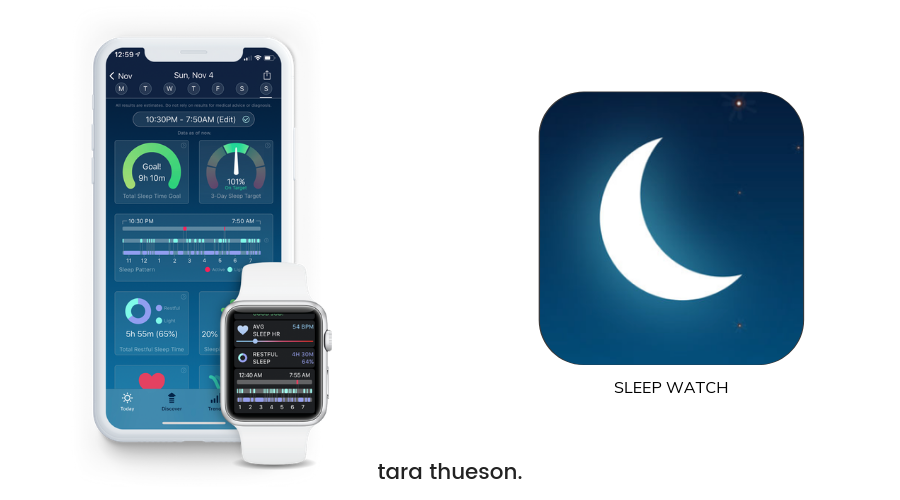
If you’re like me, you want to know why you’re doing something, how the whole thing works, and how to take action from the data you’re getting. Right away, Sleep Watch had the most organized display of all my nightly info.
Just wear your Watch to bed and wake up to personalized insights about your sleep. It automatically logs your data and follows your sleep trends and gives you all of your data in an easy to read and understand format.
I also love the versatility of this app. You don’t need an Apple Watch to be able to use it – you can use the app and log your sleep manually!
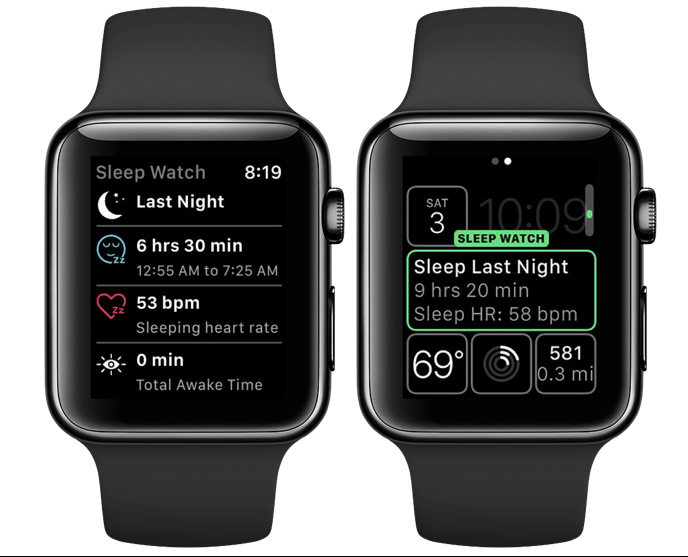
Like most sleep trackers, it shows you the daily sleep time (how much you sleep) and your sleep cycle. But in addition to that, it also shows a sleep charge percentage which basically is your sleep goal average for past 3 days and in a way, gives you a record of the sleep that you’re losing.
Then comes the ‘average sleep heart rate’ which in itself can be a definition of how well you’re sleeping, followed by a ‘sleep heart rate dip’ tab that explains how your heart rate is going down in sleep. You want your heart rate to decrease while sleeping – it means your heart has to work less to pump the blood you need and that you’re better physically conditioned.
The app does it all
Here are some of the other features I love about this app:
-
Auto Sleep / Auto Track: Automatically log your estimated Total Sleep Time, Total Restful Sleep Time, Avg. Sleeping Heart Rate, Sleeping Heart Rate Dip, Sleep Rhythm, and Sleep Pattern for each day by simply wearing your Apple Watch to bed
-
Updates Feed: Every body is unique. Using artificial intelligence, Discover uncovers from your data the lifestyle choices you make that appear to be helping you achieve a better night’s rest. The more data you track with SleepWatch, the more you can Discover. (this is why I wear my watch daily – even at night)
-
Sleeping Heart Rate Dip Tracking: Studies among particular populations suggest that the more heart rate slows—or “dips”—during sleep compared to waking may be better for both overall and cardiovascular health in years to come.
-
Sleep Rhythm Tracking: Track an estimate of how consistently you sleep at the same time each day
-
3-Day Sleep Target Tracking: a new way to help you track sleep deficit and surplus over a 3-day period
-
Sleep Disruption Tracking
-
Daily Briefings: Daily notifications about how you sleep
-
Trend Analysis: Track changes in sleep stats on a daily, weekly, or monthly basis
-
Health App Support : Auto sync sleep data to Health app on the iPhone – it then collects data and serves both applications!
-
Data History: See your data from up to a year ago
-
Keep an Account: Create an account and access your data across multiple iOS devices
-
Watch Face Complications: See your last night’s Total Sleep Time and Sleeping Heart Rate directly on your Watch face complication
-
Dedicated Watch App Interface: See your last night’s estimated Total Sleep Time, Total Restful Sleep Time, Restful Sleep Percentage, Sleep Rhythm, Total Sleep Time Goal Progress, Avg. Sleeping Heart Rate, Sleeping Heart Rate Dip, 3-Day Sleep Target, Sleep Disruption, and Sleep Pattern Graph on your Watch in our Watch app
-
Go Premium (optional): Score and compare your sleep against others in the SleepWatch community and get smart bedtime reminders to promote better Sleep Rhythm
The application supports automatic sleep tracking so you don’t have to manually press any button before you go to bed! I’m all about easy. With this app, your job is to sleep. Simple, right?
Tara’s tips for better sleep
- Don’t use your phone, tv, or computer 30 minutes before going to bed. I’m the WORST at this. But do as I say, not as I do. I’m trying to get better and I know it makes a difference. Braun charges his phone in another room! Trust me, you’ll appreciate it when your brain turns off easier when you’re trying to sleep!
- Make and keep your room dark. Even if you have the smallest light on a cable box in your room – get rid of it. Dim the lights while you get ready for bed, or turn off bright overhead lamps and switch to a soft, bedside lamp. Your body is programmed to sleep when it’s dark. So you can encourage that rhythm by giving your body all the signals that it’s nighttime. Light can make it difficult for your body to make melatonin, the hormone that helps you sleep. Light is detected through your eyelids—and your brain doesn’t produce melatonin if it’s confused between night and day.
- Keep your room cool. Your body temperature naturally drops as you drift into sleep, so cooling down your bedroom can jump-start the process and make it easier to doze off. Most experts advise setting your thermostat 5° to 10° lower than your average daytime temperature. So, put away electronics, make your room dark, and turn on the AC.
These aren’t guaranteed to knock you out right away but our bodies are super intuitive. Sending them the right signals goes a long way!
And if you’re a super night owl now, spend the next month changing your sleep time. Go to bed 15-30 minutes earlier each night and start to train your body for sleep.
Create a routine that your body starts to recognize. I promise, getting enough sleep is the healthiest and most luxurious thing you can do for you and your health!
Happy sleeping!
Xx Tara

